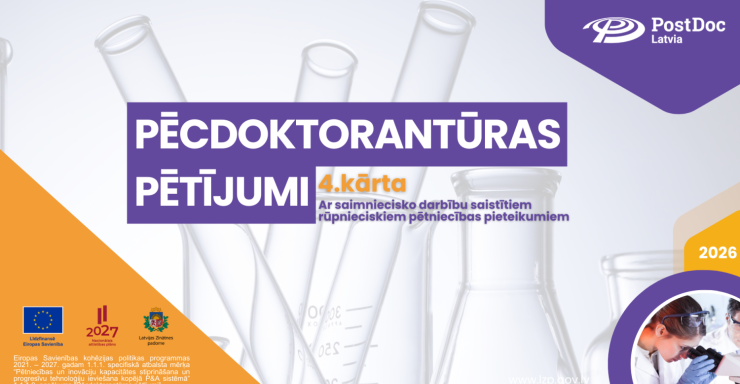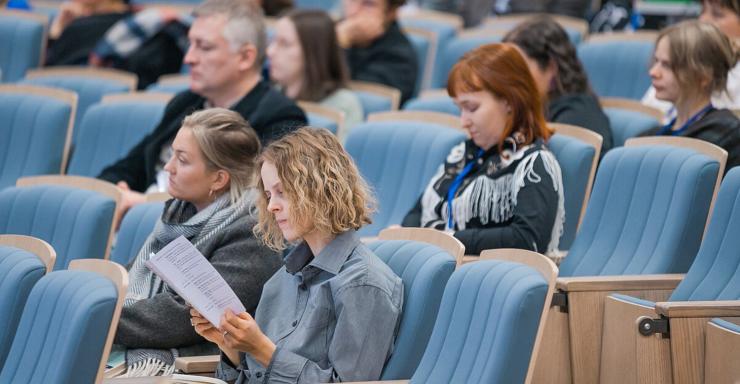The production of spider silk by human means, a new device for cancer treatment, and a launch vehicle coated with a material produced in Latvia and sent into space are just a few highlights of Latvian science in 2024. These achievements have been recognized by the Latvian Academy of Sciences. The authors of the best Latvian research will be awarded at the end of February.
Each year, the Latvian Academy of Sciences highlights the most outstanding work by researchers in both theoretical and practical science. This year, awards will be presented to 12 groups of scientists. Some of these studies have been ongoing and developing for years.
For example, the spider silk study, which has already been awarded in the past, has advanced to the point where humans can replicate spider webs - a feat impossible to achieve from spiders themselves due to their lifestyle, as these arachnids are cannibalistic, making spider farming unviable.
This silk is valuable because it is a unique material - simultaneously flexible and strong. Additionally, it is biocompatible and biodegradable, making it highly suitable for use in medicine, cosmetics, and other applications. This research was conducted in collaboration with scientists from the Latvian Institute of Organic Synthesis, the University of Latvia, Riga Technical University (RTU), and the Karolinska Institute in Sweden.
Meanwhile, the Latvian State Institute of Wood Chemistry collaborated with the European Space Agency, resulting in the launch of the "Ariane-6" carrier rocket this summer. For its fuel tank insulation, a cryogenic insulation material developed by this institute was used, protecting the tank from the extreme cold of space, which can reach -235 degrees Celsius.
Another notable achievement is the work of researchers from the University of Latvia, who developed a unique device for treating pancreatic cancer. The device simulates tumor and blood vessel interactions, providing insights into how drugs affect the tumor, vascular permeability, and metastasis. This will allow for the development of personalized therapies for each patient.
Simultaneously, the RTU Photonics, Electronics, and Telecommunications Institute, in collaboration with scientists from France, Sweden, and China, developed a high-speed data transmission system using quantum technologies.
Ivars Kalviņš, President of Latvian Academy of Sciences, reflecting on the scientific achievements of the past year, stated: "I am delighted to note that these studies are characterized by the growing collaboration of Latvian scientists with their colleagues abroad - in Sweden, Germany, and other countries - forming joint research projects and working together on solutions necessary not only for the advancement of fundamental science but also for creating new technologies beneficial for the development of Latvia's economy."
Kalviņš also commended Latvian scientists for their long-term commitment to studying a single issue, progressing from theory to practical application. He emphasized that the true contribution to society becomes evident when newly acquired knowledge is applied in practice.
In total, the 12 outstanding studies cover a wide range of scientific fields, including agriculture, legal science, and historical research.
The image is for illustrative purposes only. Source: pexels.com.


